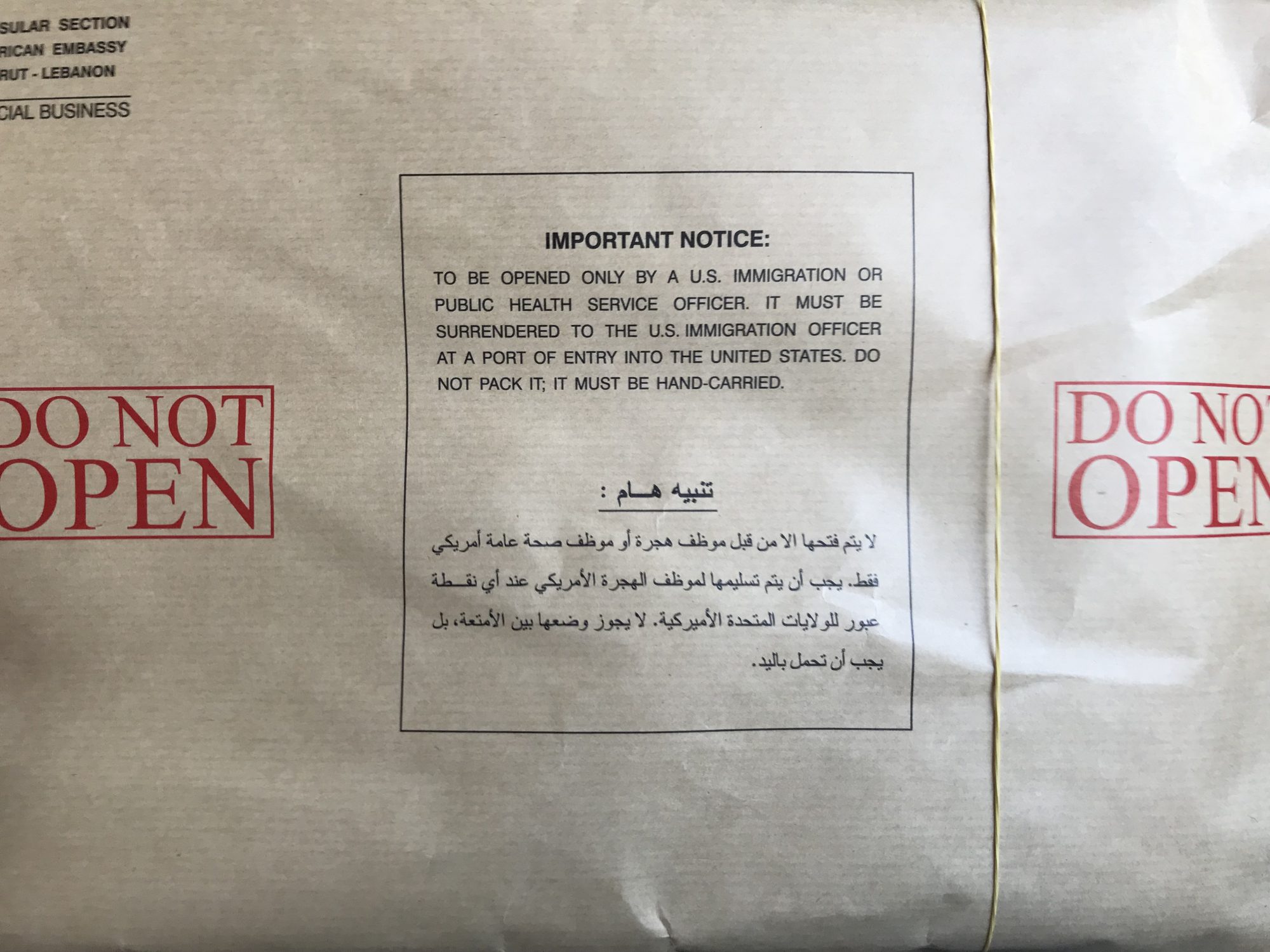“To insist on the universal dimension of a Palestinian grammar of suffering is to resist the containment of the Palestinian question to a regional dispute…” (Zahi Zalloua)
Today is #KeffiyehDay, and I’ve been thinking about that quote since I saw it on Twitter last week:
“The Palestinian question touches all of us…to the extent that we are all compelled to imagine & invent the conditions for justice and equality in our contemporary global world.” Matt Flisfeder, who shared the quote, closed out his thread with this: “And, I would add that it is the same for the persistence of antisemitism and the Jewish question…”
Which reminded me of this haunting text that I come back to with every new cycle of colonial violence:
“What lessons should we draw from this tragic conflict? Is it really impossible for Jewish people who suffered so cruelly themselves—more cruelly perhaps than any other people in history—to understand the vulnerability and the yearning of those whom they have displaced? Does extreme suffering always kindle cruelty? What hope does this leave the human race with? What will happen to the Palestinian people in the event of a victory? When a nation without a state eventually proclaims a state, what kind of state will it be? What horrors will be perpetrated under its flag?” (Arundhati Roy)
Which reminds me of something @truthandenchantment says often: “hurt people hurt people.” Which reminds me of @cascadiacore’s wrestling with how whiteness might heal. All of which reminds me of why Palestine has tugged at my heartstrings for so long—it’s more than a crossroads of conflict: it’s an unbroken chain of reference to a universal longing that feels so far away to us now, but lives on in steadfast struggle.
Out here, we may feel like mere footnotes to a writer’s block in history, but the keffiyeh reminds us that we are not parenthetical to the universal thesis worked out by Palestinian lives. This symbol of human liberation comes out of a semiotic that we could do with speaking into again: on days like today, we are all Palestinian because Palestine has a lot to teach us.
“Bishop Hosam Naoum will be installed as the Bishop of the Diocese of Jerusalem, bearing the title Archbishop at 4 p.m. (9 a.m. EDT) on Thursday, May 13, 2021, Ascension Day, at St. George’s Cathedral, Jerusalem. In succeeding Archbishop Suheil S. Dawani, Bishop Naoum will become the 15th Bishop of Jerusalem and the fifth Palestinian to serve as diocesan bishop.” (AFEDJ)
The history of Anglicanism in Palestine is complex & fraught in ways that seem to me to be even more layered than in other contexts where the harsh sun of the British Empire used to never set. You can even see this complexity inscribed into the very buildings that belong to this polysemic tradition: St. George’s & Christ Church, Jerusalem.
I say “you can” because I can’t—I have to read about it online because I can’t travel into that part of the world. At least, not yet.
“Jerusalem is the city of hope, the city of the resurrection, and we are entrusted with this mission in the Holy Land—to be a beacon of hope, love, and peace in this world.”
Bishop Hosam’s words sound empty, but what if we filled them with meaning? What if Ascension Day and Nakba Day were meant to be linked? What if this tragic triduum—this symbolic fall from great heights—is a model for our sending out and into the fray?
We don’t have the luxury of pristine beginnings. There are no places of purity to speak from. What if this was always how it was meant to be? Our implication in colonial designs: a harrowing in hell. Our reemergence into the light from light—isn’t that what moonlight is?—a new birth.
Christianity has a lot to atone for across the globe, but it cannot shift that burden. This is all the same story that we are writing.
One more thought on #KeffiyehDay: some years ago, I had a very long conversation with a German liberal about why I thought that Palestine was a “project” that anyone who lifts up and honors all martyrs of the Holocaust ought care about. I tried to frame things in ways he might hear; he seemed to mean well, since he was clearly wounded by his country’s fascist past. I remember feeling my throat begin to ache by the time I’d touched on all my points, watching his face soften as he listened intently. I wrapped up my spiel and smiled, to which he responded simply: “it’s nice to hear the Arab perspective.”
I assure you, that smile was wiped clean off my face.
Don’t be that guy.
Stand with Palestine because you stand for something bigger than yourself.
